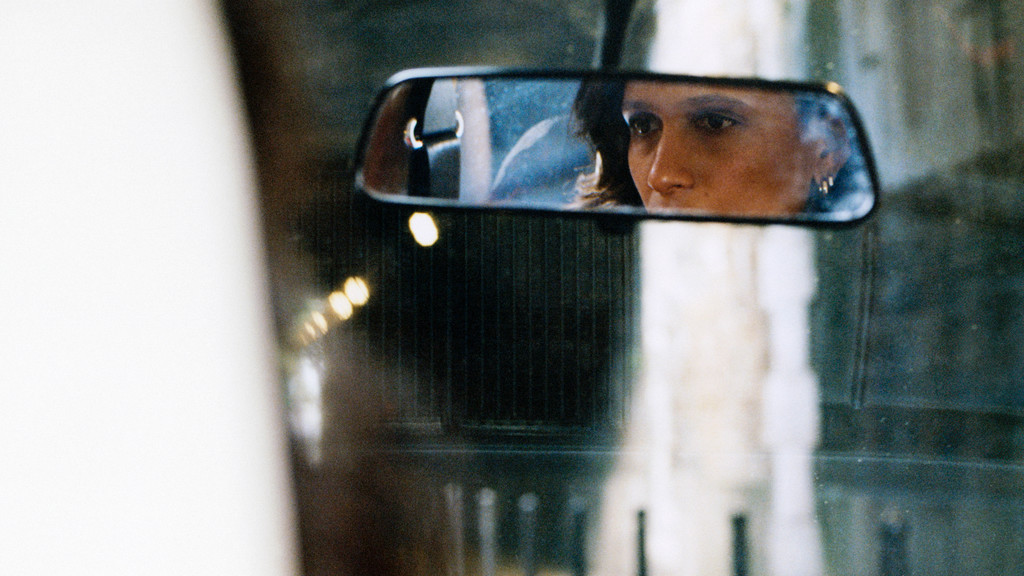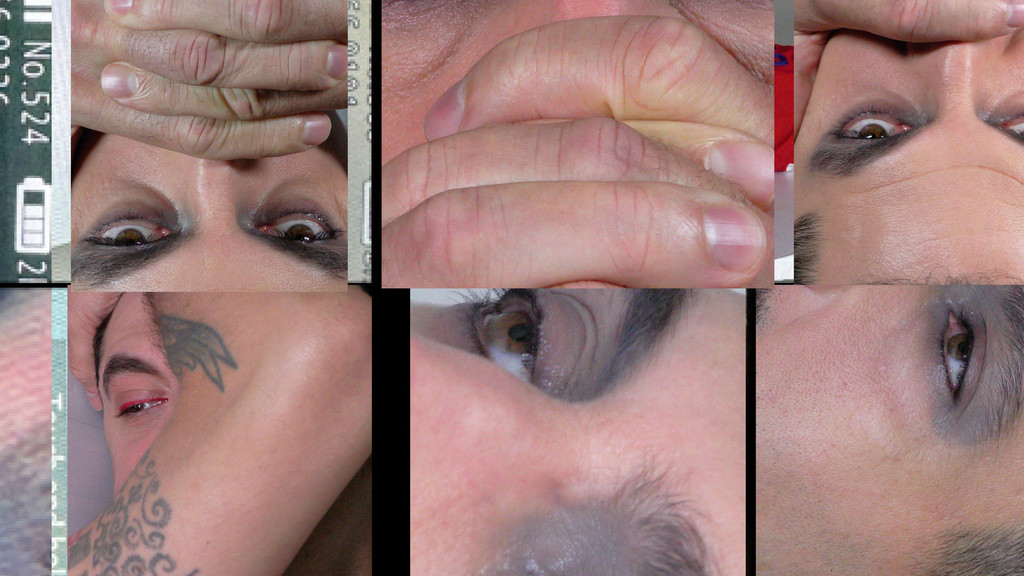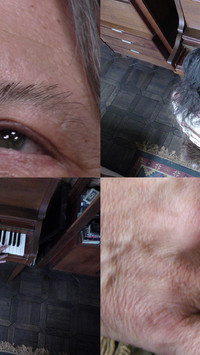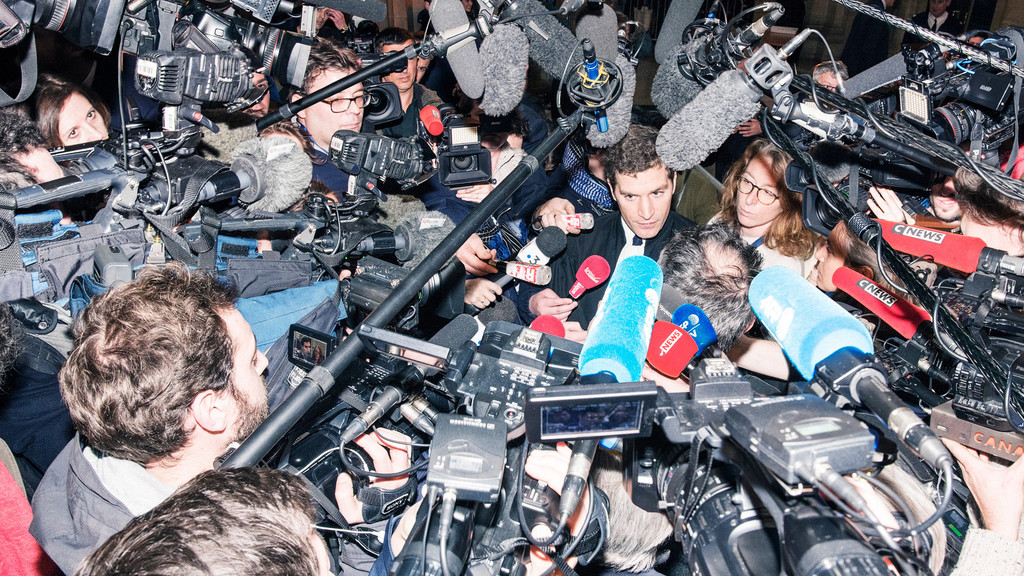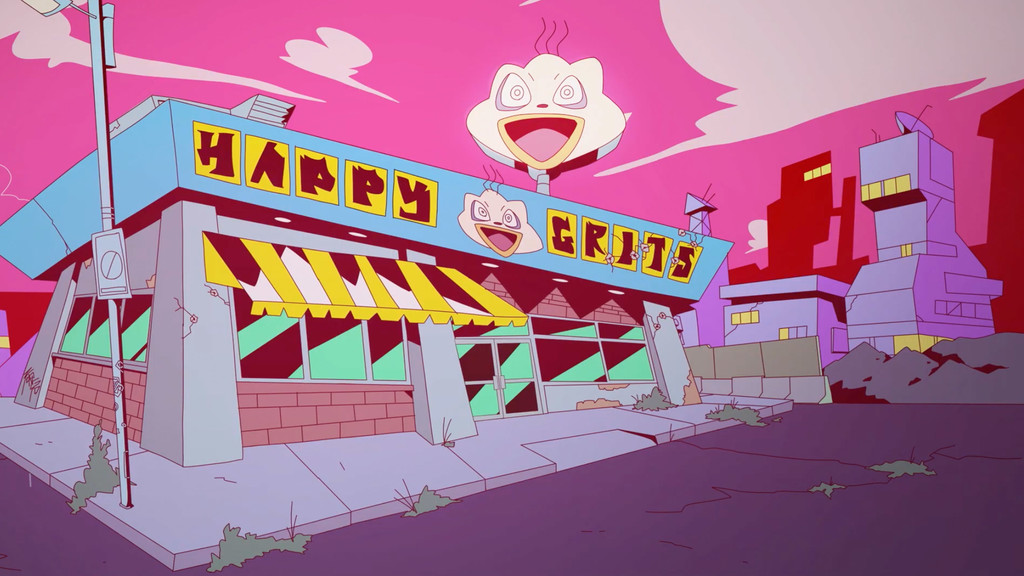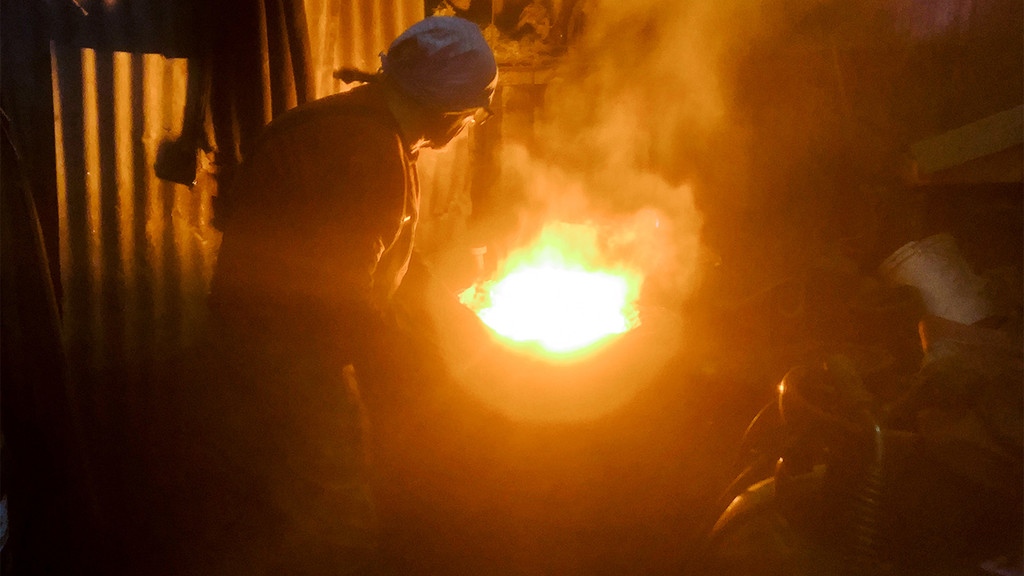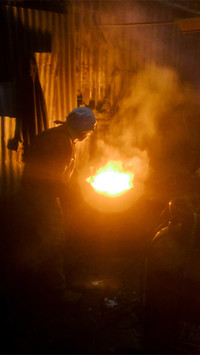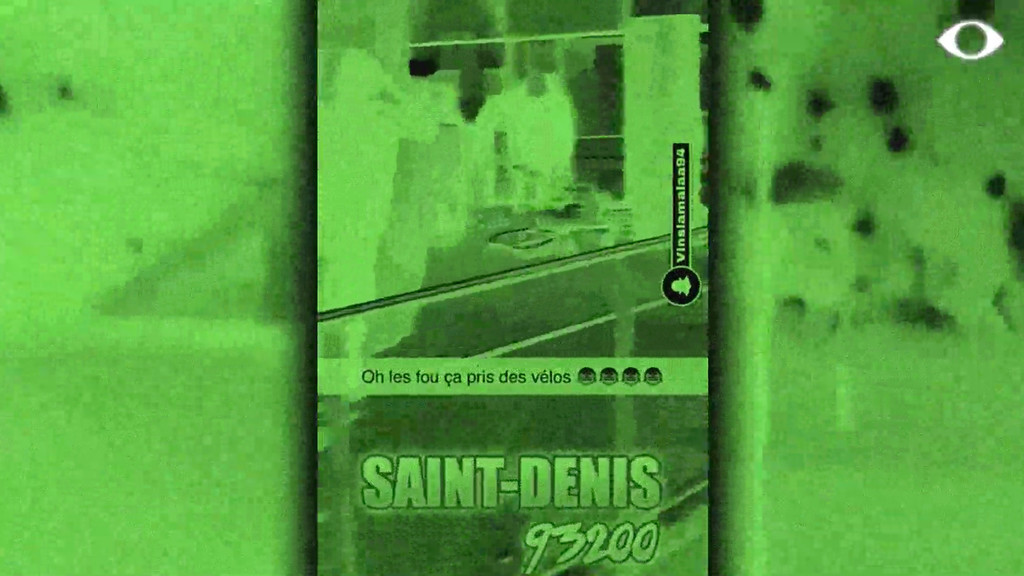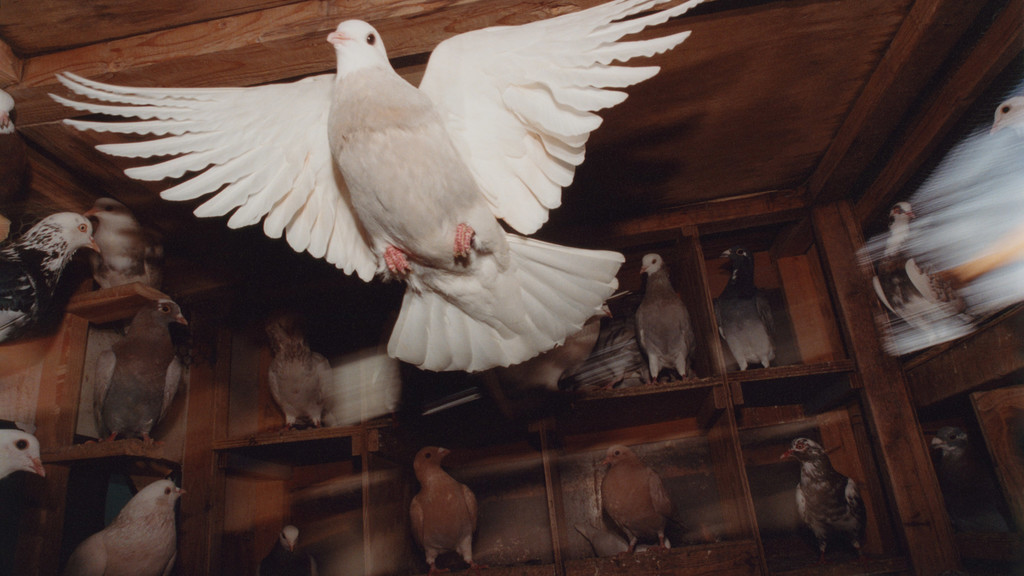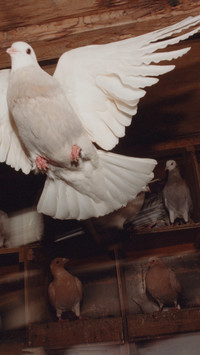naima
The Revolution Will Be Televised
AA:
what does the revolution will be televised mean to you
Chat GPT:
The phrase “the revolution will be televised” originated from a 1970 song by Gil Scott-Heron. It suggests that the struggles for change, especially political or social revolution, would be broadcast on television—though not in the way activists or revolutionaries might hope. Instead of being directly engaged in or informed by the grassroots movements, the media would likely sensationalize or commercialize the event. It captures a tension between the authenticity of grassroots struggle and the way it might be mediated or controlled by mainstream media.
To me, the phrase also speaks to the idea of spectacle in activism—how movements might be commodified or reduced to entertainment or soundbites when presented through media. It’s a reflection on how technology can both connect people and distort the realities of social change.
AA:
no, gil scott heron said the revolution will not be televised
Chat GPT:
You’re absolutely right—Gil Scott-Heron’s poem/song “The Revolution Will Not Be Televised” actually emphasizes that real, transformative social change won’t be captured or sanitized by the media. It warns against the idea that media coverage will authentically represent or convey the true nature of a revolution or movement. The revolution, in Scott-Heron’s view, will be a grassroots, lived experience, not a spectacle for consumption or commodification on TV.
The phrase “The revolution will be televised” is often used ironically, referencing the disconnect between the real struggles of revolution and the way they are typically portrayed by mass media, which can dilute or distort their meaning. So, when people say “the revolution will be televised,” they may be acknowledging that, while media will likely cover it, it will never truly capture the raw, genuine heart of a revolutionary movement.
It’s a critique of the media’s role in shaping narratives and a reminder that meaningful change happens beyond the reach of spectacle.
AA:
so what would the revolution WILL be televised mean to you
Chat GPT:
“The revolution WILL be televised” flips the original idea on its head. If we take it literally and in a contemporary sense, it could suggest that social movements or revolutions are now not only covered by media, but actually shaped and influenced by the media itself. In the age of social media, live streaming, and 24/7 news cycles, revolutions and activism are happening in real-time, and the narrative is often driven by the visibility they gain on platforms like Twitter, Instagram, or TikTok.
In this sense, the revolution could be televised (or streamed, or shared) in a way that amplifies voices and causes, helping them to spread globally. However, there’s still the question of whether such media coverage is accurate or authentic. It might be more about spectacle or performative activism than genuine, transformative change.
So, to me, “The revolution WILL be televised” could mean that while media and technology can give revolutions unprecedented exposure, it also raises questions about the impact of that exposure. Is the revolution being commodified? Is it truly transformative, or is it just another trend being broadcast for consumption?
